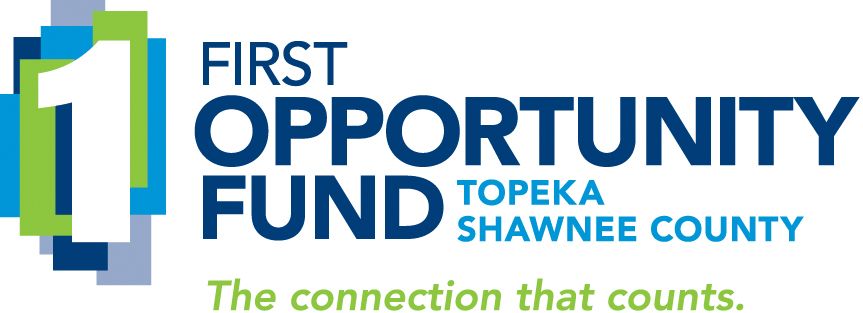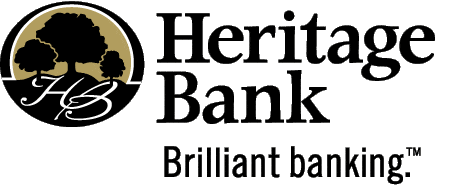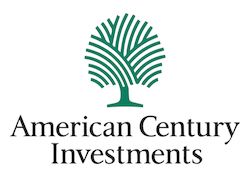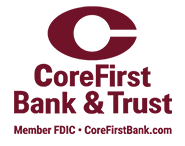It’s well known that many millennials are drawn to investing in real estate as a means to build generational wealth and establish passive income streams. Some reports say that 55 percent of millennials are interested in investing in real estate—the highest percentage of all generational segments.
Scroll through nearly any social media channel and you’ll find a barrage of experts and influencers sharing their advice: often by millennials for millennials.
New research from the Banktastic National Millennial Advisory Board brings some eye-opening insights on real estate investing to bring depth to the conversation and help financial brands be more valuable resources in this investment journey. Just a few of the many people offering real estate investing advice on TikTok.
Just a few of the many people offering real estate investing advice on TikTok.
The majority did not create a pro forma before investing
In this study, nearly half of Banktastic's millennial advisors who have invested in real estate did not conduct a pro forma analysis, a crucial step in assessing the financial viability of their investment.
Nearly 12 percent of these investors opted to go it alone to create their own pro forma, showcasing a hands-on approach to financial planning.
Both of these scenarios can mean surprises, pressure and stress for the investor—and the lender.
Most surprising, only 5 percent sought assistance with this planning from traditional financial institutions like banks or credit unions.
Other sources they used included a variety of resources: Realtor, financial advisor, SBA personnel and CPA/accountant.
These statistics shed light on the unique perspectives and methods employed by millennials when venturing into the real estate market. This highlights areas where financial institutions can better cater to their needs.
Bankers who can help them be more successful in leveraging their assets, basing revenue models on reasonable expectations about rental income, understanding property tax issues and forecasting cost of maintenance and upkeep will be seen as valuable partners and lessen the institution’s risk.
What millennials want bankers to know
In this study, we also asked millennials what they wish their bankers knew. Their responses ran the gamut. Top needs are detailed below.
1. Offer educational resources
Millennials value banks that provide information on real estate investment strategies, market trends and financial planning. They’re looking for pros/cons, basics and information on more sophisticated approaches.
Remember, they are not all in the same place in their investing acumen. Some are beginners and some are quite sophisticated, so be careful not to treat them all the same.
One Banktastic board member said, “It would be nice to know what options are out there, like HELOC or equity loan to put cash down on another property. What are the other options for people who want to invest in another property who may not have cash on hand? How does buying down interest rates work?”
And they want to know how to be successful. “Let me know what specific milestones (cash flow, money in the bank, net worth, etc.) would make me a more attractive borrower,” said another who wants to invest.
Don't make assumptions that millennial visions of real estate are the same as other generations. Millennials have a variety of interests including house flipping, co-buying a home or investment property with a non-spouse/non-partner, rehabbing a portion of a dwelling to use as an AirBNB to name just a few ways they're investing.
2. Make it easy and be flexible
the Banktastic board asked for flexible financing options. Millennials appreciate banks that offer competitive interest rates, low down payment requirement, and support for diverse investment strategies.
“…identify a target debt/income ratio that would work well for my financial situation,” said one respondent.
“Keep it realistic so we don’t bite off more than we can chew with reasonable risk considered,” answered another.
3. Invest in long term relationships
Millennials value long-term relationships with banks. They seek trusted advisors who understand their investment goals and provide ongoing support throughout their real estate journey.
Remember that there are millennials who don’t want to invest in real estate or simply can’t afford to yet. One respondent said, “It’s looking rough out there for millennials that are just starting to plan weddings and hope to buy a home while building a family. : ( Without families with income or savings to contribute, we are truly struggling to see how we could make it work.”
Everyone in the institution has a role
For lenders to be part of millennial customers’ real estate journeys, they must 1) be seen as sources of expert advice, and 2) be more accessible in the way they offer products and services.
It’s everyone’s job:
- Marketing can play a key part in this venture with smart, well-targeted campaigns and high value educational content.
- HR and training staff can role-play and train bankers to adopt a wise-counsel mindset.
- Business development and loan production teams should be more prominent on social media and at networking events.
- Operations must make sure online loan applications are appealing and frictionless.
Bankers who proactively show up with help for millennial real estate investors will win their business and their loyalty.
For more insights on millennials and their investing hopes and dreams, read our blog: The confidence divide: millennial views on retirement prospects.
If you need help from a bank marketing agency with a board of nearly 400 millennial advisors, let's talk, Contact Martha Bartlett Piland at 785-969-6203 or by
photo credit: Katelyn Perry on Unsplash

























